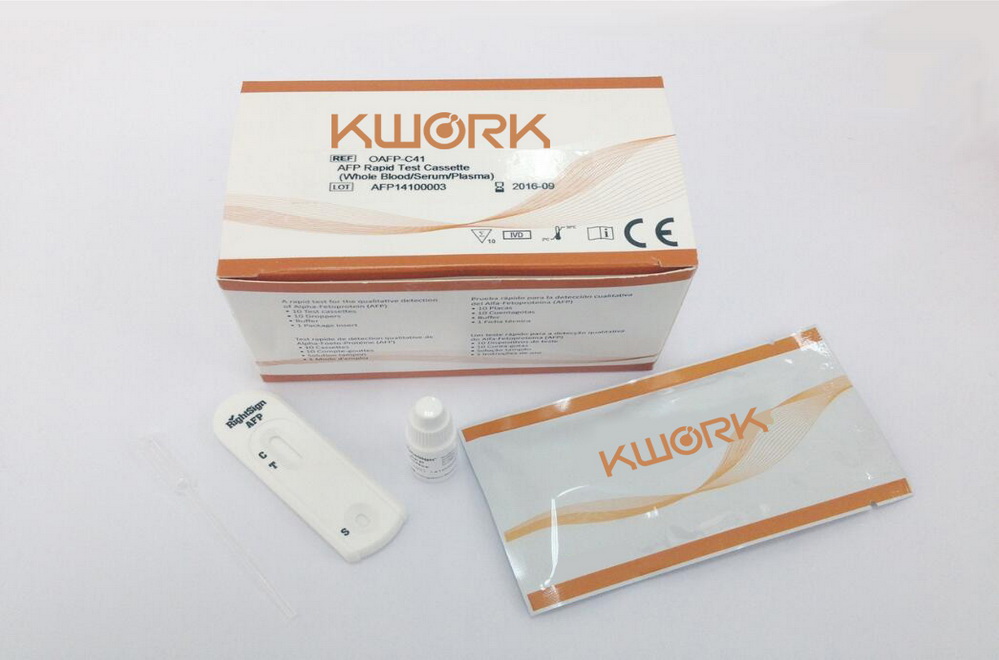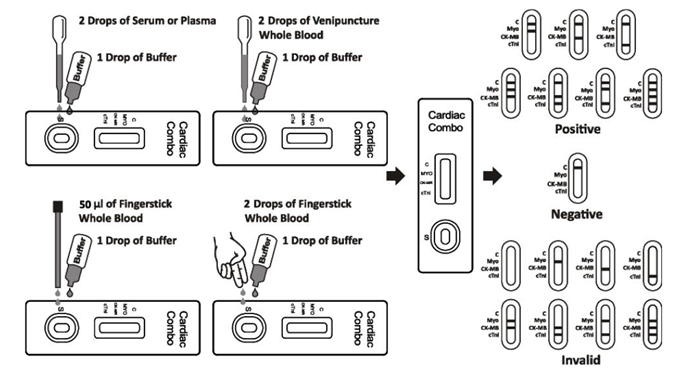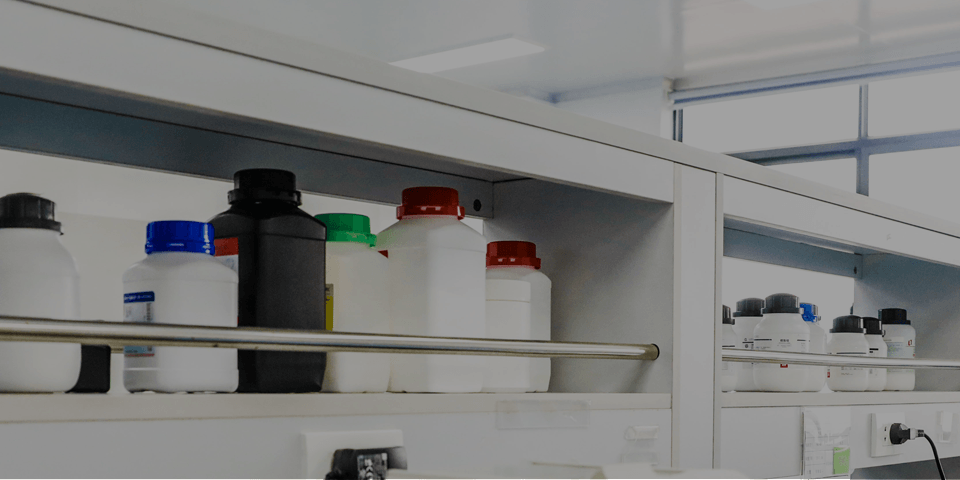
【SUMMARY】
Myoglobin (MYO), Creatine Kinase MB (CK-MB) and cardiac Troponin I (cTnI) are
proteins released into the bloodstream after cardiac injury. Myoglobin is a
heme-protein normally found in skeletal and cardiac muscle with a molecular
weight of 17.8 kDa. When muscle cells are damaged, Myoglobin is released into
the blood rapidly due to its relatively small size. The level of Myoglobin
increases measurably above baseline within 2-4 hours post-infarct, peaking at
9-12 hours, and returning to baseline within 24-36 hours. CK-MB is an enzyme
also present in the cardiac muscle, with a molecular weight of 87.0 kDa.
Creatine Kinase is a dimeric molecule formed from two subunits designated as
“M” and “B”, which combine to form three different isoenzymes, CK-MM, CK-BB and
CK-MB. CK-MB is the isoenzyme of Creatine Kinase most involved in the
metabolism of cardiac muscle tissue. The release of CK-MB into the blood
following an MI can be detected within 3-8 hours after the onset of symptoms.
It peaks within 9 to 30 hours, and returns to baseline levels within 48 to 72
hours. Cardiac Troponin I is a protein found in cardiac muscle, with a
molecular weight of 22.5 kDa. Troponin I is part of a three subunit complex
comprised of Troponin T and Troponin C. Along with tropomyosin, this structural
complex forms the main component that regulates the calcium sensitive ATPase
activity of actomyosin in striated skeletal and cardiac muscle. After cardiac
injury occurs, Troponin I is released into the blood 4-6 hours after the onset
of pain. The release pattern of Troponin I is similar to CK-MB, but while CK-MB
levels return to normal after 72 hours, Troponin I remains elevated for 6-10
days, thus providing for a longer window of detection for cardiac injury.
The Myoglobin/CK-MB/Troponin I Combo Rapid Test Cassette (Whole
Blood/Serum/Plasma) is a simple test that utilizes a combination of antibody
coated particles and capture reagents to qualitatively detect Myoglobin, CK-MB
and cardiac Troponin I (cTnI) in whole blood, serum or plasma. The minimum
detection level is 50ng/mL Myoglobin, 5ng/mL CK-MB and 0.5ng/mL Troponin
I.
【DIRECTIONS
FOR USE】
Allow the test cassette, specimen, buffer and/or controls to reach room
temperature (15-30°C) prior to testing.
1. Bring the pouch to room temperature before opening it. Remove the test
cassette from the sealed pouch and use it as soon as possible.
2. Place the cassette on a clean and level surface.
For Serum or Plasma specimen:
· Hold the dropper vertically and transfer 2 drops of serum or plasma
(approximately 50µL) to the specimen well, then add 1 drop of buffer
(approximately 40µL), and start the timer. See illustration below.
For Venipuncture Whole Blood specimen:
· Hold the dropper vertically and transfer 2 drops of whole blood
(approximately 50µL) to the specimen well, then add 1 drop of buffer
(approximately 40µL), and start the timer. See illustration below.
For Fingerstick Whole Blood specimen:
· To use a capillary tube: Fill the capillary tube and transfer approximately
50µL of fingerstick whole blood specimen to the specimen well of test cassette,
then add 1 drop of buffer (approximately 40µL) and start the timer. See
illustration below.
· To use hanging drops: Allow 2 hanging drops of fingerstick whole blood
specimen (approximately 50 µL) to fall into the specimen area of test cassette,
then add 1 drop of buffer (approximately 40µL) and start the timer. See
illustration below.
3. Wait for the colored line(s) to appear. Read result at 10 minutes. Do not interpret the result after 20 minutes.




